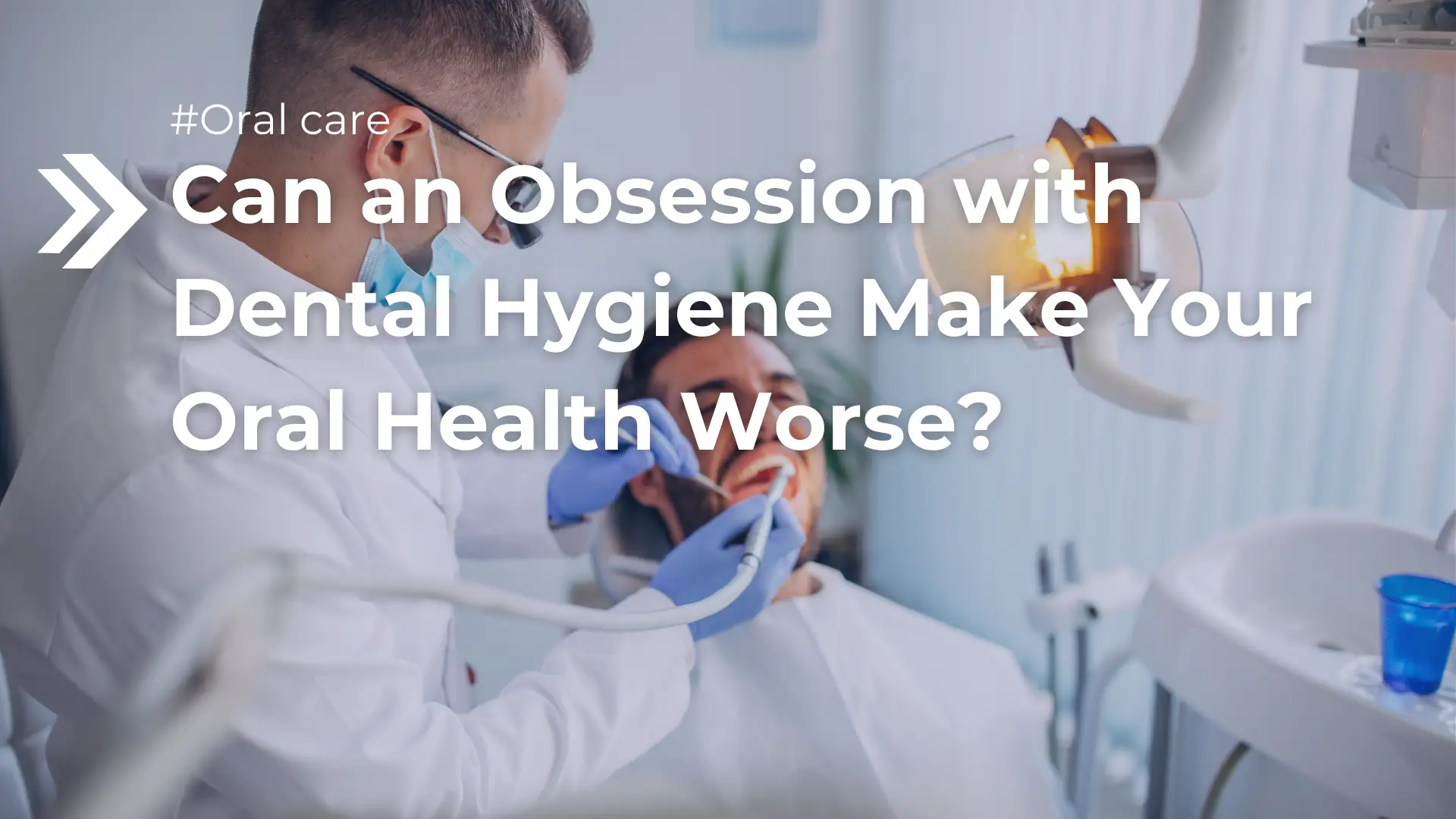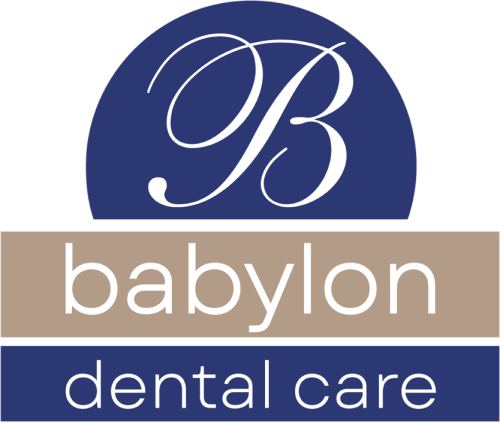 Good dental hygiene is important for a host of reasons. From a medical standpoint, it’s an important part of one’s overall health. Over time, poor dental care can lead to infections, heart disease, tooth loss, and even an increased risk of dementia. For many of us, a healthy smile is an important part of our appearance and a source of self-esteem. So, it’s understandable to be more than a little interested in dental hygiene—but when that interest verges on a fixation, we could wind up doing more harm than good.
Good dental hygiene is important for a host of reasons. From a medical standpoint, it’s an important part of one’s overall health. Over time, poor dental care can lead to infections, heart disease, tooth loss, and even an increased risk of dementia. For many of us, a healthy smile is an important part of our appearance and a source of self-esteem. So, it’s understandable to be more than a little interested in dental hygiene—but when that interest verges on a fixation, we could wind up doing more harm than good.
How Dental Hygiene Affects the Oral Microbiome
If you’re someone who’s invested in the latest oral health gadgets and brushes and flosses their teeth with almost religious dedication, you might be surprised to still get the occasional gum bleed or mouth ulcer. These sorts of issues may be a sign that your intensive hygiene regimen has disrupted your oral microbiome. Our mouths are home to more than 700 types of bacteria, some of which support oral health and others of which pose a danger. Good hygiene should maintain a healthy microbiome, fostering healthy bacteria and eliminating hazardous strains.
Unfortunately, harsh mouthwash can kill both bad and good bacteria, as well as undo the benefits of fluoride or hydroxyapatite, minerals that strengthen the teeth. Furthermore, brushing too often or too aggressively—especially shortly after eating or drinking acidic foods or beverages—can wear down the enamel that seals and protects teeth. So, ironically, too much oral hygiene can produce similar results to too little of it.
Practicing Good Oral Health Habits
 So, now that you know the dangers of obsessing over your oral health, it’s time to get back to basics. Follow these simple steps to good dental hygiene:
So, now that you know the dangers of obsessing over your oral health, it’s time to get back to basics. Follow these simple steps to good dental hygiene:
- Floss daily – Brushing alone doesn’t remove all the plaque and food particles between your teeth, which can lead to cavities and gum disease. Flossing once a day helps keep your gums healthy and your breath fresh by removing hidden debris.
- Scrape your tongue – Bacteria and food particles can accumulate on your tongue, causing bad breath and affecting your overall oral microbiome. Using a tongue scraper or the back of your toothbrush daily helps remove buildup and keeps your mouth feeling fresh.
- Avoid harsh mouthwashes – Alcohol-based mouthwashes can dry out your mouth and kill healthy bacteria, which may lead to bad breath, gum irritation, and even heart disease. If you’re looking for a quick way to improve your breath, opt for sugar-free mints or gum to stimulate saliva production, which naturally cleanses and protects your teeth.
- Get regular cleanings – Even with excellent at-home care, plaque and tartar can build up in hard-to-reach areas. Visiting your dentist for a professional cleaning every six months helps prevent cavities, gum disease, and other oral health issues.
Call in the Professionals
Let our compassionate team at Babylon Dental Care help you care for your teeth and develop healthy oral hygiene practices. We’d love to see you soon at either of our convenient locations on southern Long Island. Contact us today to schedule your next cleaning!
